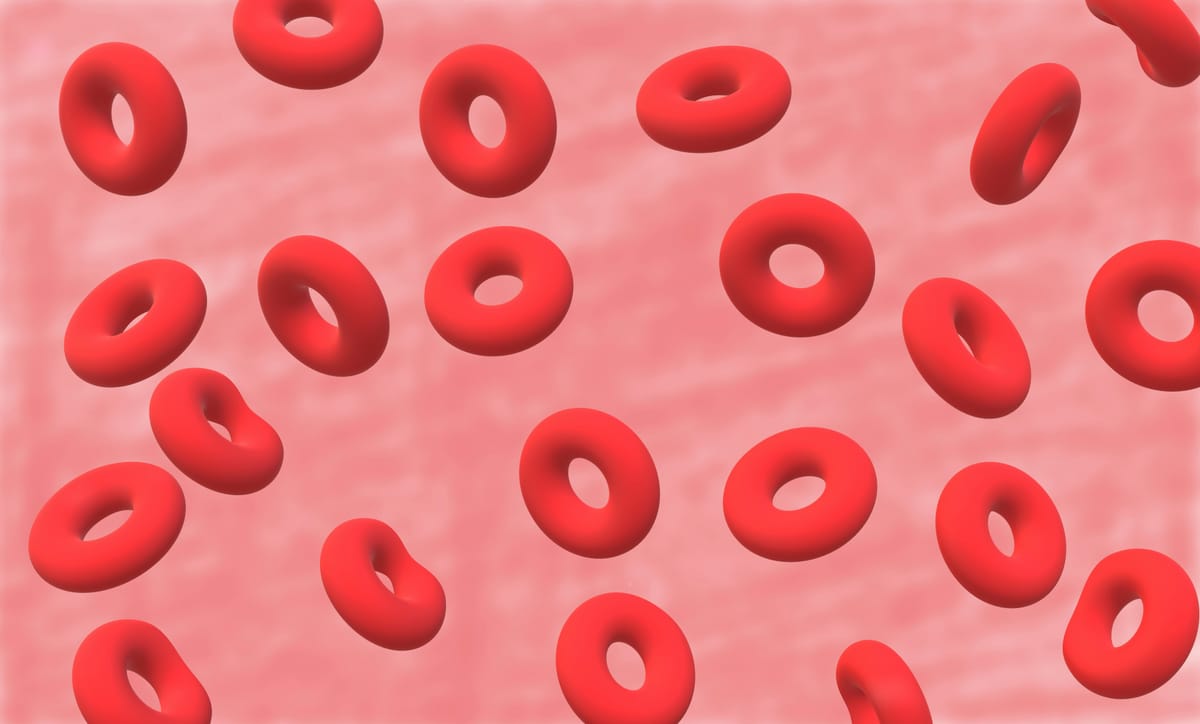Judge Dismisses Parents’ Constitutional Challenge to New Jersey’s Retention of Newborn Blood Samples

Court rules storage of “blood spots” does not violate parental rights
TRENTON, N.J. — A federal judge has dismissed a lawsuit brought by New Jersey parents who claimed the state’s practice of keeping leftover blood samples from mandatory newborn disease screenings violates their constitutional rights.
U.S. District Court Judge Georgette Castner ruled Friday that while the Fourteenth Amendment protects parents’ rights to care for their children, it does not extend to controlling the state’s retention of residual dried blood spots. She rejected the parents’ argument that storage of the samples is a “medical choice” requiring parental consent.
Background on the lawsuit
The case, filed in 2023 by Erica and Jeremiah Jedynak of Boonton and Hannah Lovaglio of Cranbury, challenged the state’s policy of keeping the blood spots for uses beyond initial disease detection. The parents also claimed the retention violated the Fourth Amendment, which guards against unreasonable searches and seizures.
Castner ruled they had not shown a legal possessory interest in their children’s blood spots. She noted that while state law generally requires consent before taking genetic material, newborn disease screenings are specifically excluded from that rule.
The lawsuit was sparked in part by a 2022 discovery that state police had used a baby’s stored blood spot to help charge the child’s father with a crime. That revelation led to separate litigation and drew in the Institute for Justice, a Virginia-based public interest law firm representing the parents.
Judge’s reasoning and legislative context
In her decision, Castner pointed to pending, but stalled, legislation in Trenton that would limit law enforcement’s access to newborn and crime victim DNA samples. She wrote that such issues are “better suited for public debate and legislative action” and that judicial restraint was appropriate.
The ruling focused on the storage of the samples rather than the initial blood collection. Hospitals do not seek voluntary informed consent from parents for either step, said the parents’ attorney, Robert Frommer.
Attorney’s response and ongoing dispute
Frommer said his clients disagree with the decision and will respond within the 30 days allowed before the dismissal becomes final. He argued that taking and storing a child’s blood without parental consent violates constitutional rights and called it “bizarre” to say parents lack a possessory interest in their own blood.
The parents want the state to adopt an opt-in policy requiring voluntary, informed consent before any storage. Last year, the attorney general’s office agreed to shorten retention to two years for healthy babies and 10 years for those with positive test results, destroy all previously stored samples from children over age 2, and limit some uses of the samples.
While more than 60% of eligible samples have been destroyed, the parents argue these changes do not go far enough. They seek immediate destruction of all samples after disease screening unless parents specifically agree to storage.
“Even if seizing the blood to test the kid for diseases is reasonable, once that’s done, the state doesn’t have any further justification to hold on to the blood,” Frommer said.
